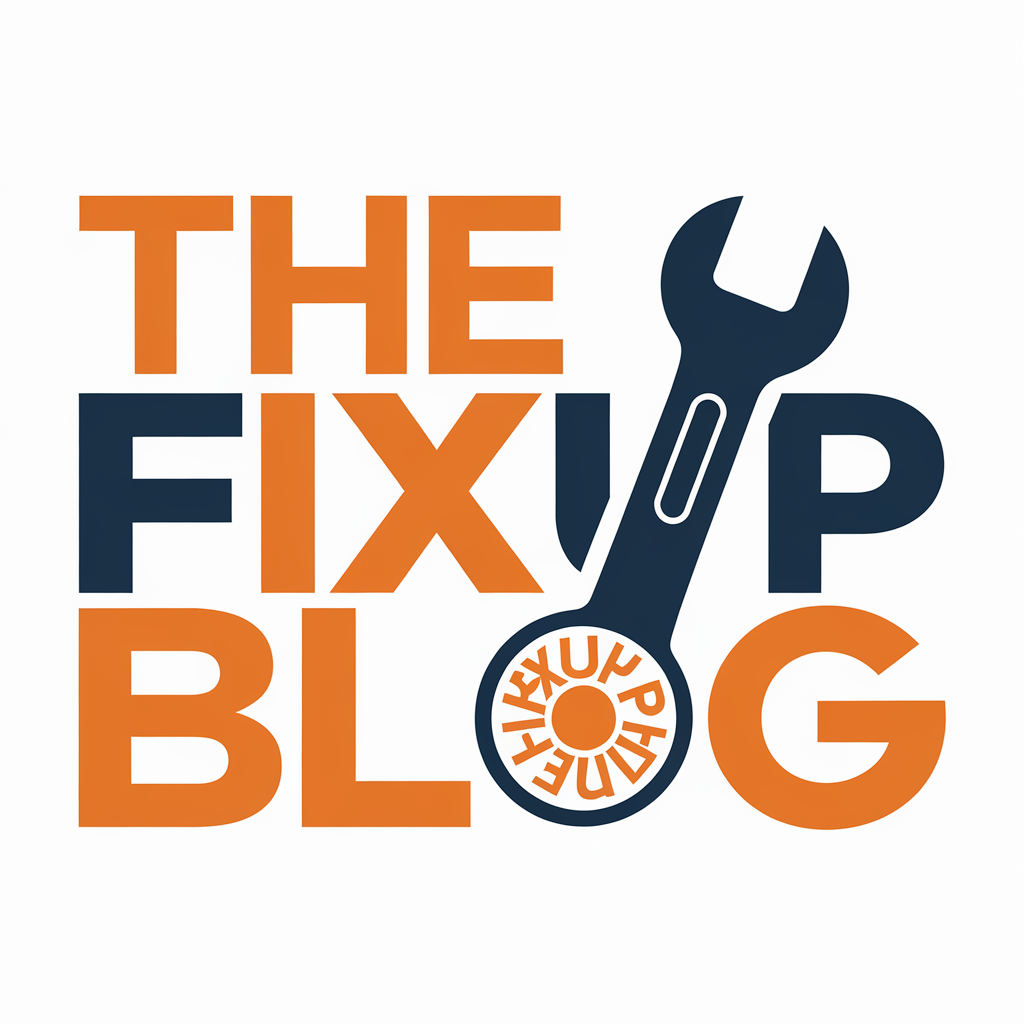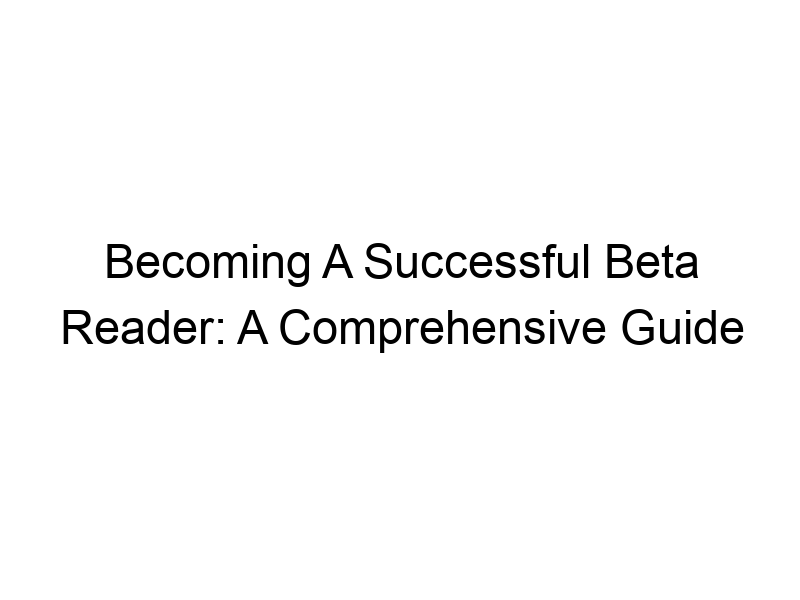Want to shape the future of literature? Becoming a beta reader offers a unique opportunity to contribute to the publishing process and hone your critical reading skills. This comprehensive guide will walk you through everything you need to know, from understanding the role to landing your first gig and building a successful career as a beta reader. We’ll cover essential skills, common pitfalls to avoid, and strategies for effective feedback. Get ready to embark on a rewarding journey into the world of book editing and publishing!
A beta reader is essentially a first-pass editor, providing crucial feedback on an author’s manuscript before it’s professionally edited. Unlike a critique partner, who often focuses on personal preference, beta readers offer a more objective evaluation, identifying plot holes, pacing issues, character inconsistencies, and other potential problems that can
significantly impact the reader’s experience. They’re the author’s early warning system, helping to catch mistakes and improve the overall quality of the story before it reaches a wider audience.
Why Beta Reading Matters
The Importance of Beta Reader Feedback
Beta readers are invaluable to authors. They provide a fresh perspective, identifying areas that the author might have overlooked due to familiarity with the story. This feedback helps authors improve their plot structure, character development, pacing, and overall narrative flow. Without beta readers, authors risk publishing a manuscript that is riddled with errors and lacks the polish needed to resonate with readers.
Key Features of Effective Beta Reading
Essential Skills for Beta Readers
Effective beta readers possess several key skills. They must have excellent attention to detail, a critical eye for plot and character development, the ability to identify pacing problems, and the capacity to provide constructive and actionable feedback. Strong communication skills are also vital, enabling clear and effective communication with the author.
- Strong reading comprehension
- Analytical and critical thinking skills
- Excellent communication skills (written and verbal)
- Objectivity and impartiality
- Understanding of different genres
Finding Beta Reading Opportunities
Where to Find Beta Reading Gigs
Several avenues exist for finding beta reading opportunities. Authors frequently advertise their need for beta readers on social media platforms (like Twitter, Facebook groups dedicated to writers, Reddit), online writing forums, and writing-related websites. Many authors also actively seek out beta readers through their personal networks. Being proactive and networking within the writing community significantly increases the chances of securing beta reading work.
Benefits of Beta Reading
Rewarding Aspects of the Beta Reader Role
Beta reading offers numerous benefits. It allows you to improve your own writing skills by analyzing the work of others. You gain invaluable insight into the publishing process and develop a better understanding of what makes a good story. It’s also a great way to meet and network with authors and other members of the writing community, potentially leading to collaborations and other professional opportunities. Moreover, the satisfaction of knowing you contributed to the success of a published book is a significant reward.
Limitations of Beta Reading
Challenges and Considerations
While rewarding, beta reading presents some limitations. The compensation is often minimal or nonexistent, especially for those starting out. It can be time-consuming, requiring significant investment in reading and providing feedback. There’s also the possibility that your feedback might not be well-received by the author, though this is less common with professional and constructive criticism. Maintaining objectivity and avoiding personal bias is also crucial.
Setting Up Your Beta Reader Profile
Creating a Professional Online Presence
To attract authors, creating a professional online presence is essential. You might consider creating a website or a dedicated page on a platform like LinkedIn showcasing your skills and experience, genres you prefer, and your approach to beta reading. Having samples of previous beta reader feedback (with author permission, of course) can significantly boost your credibility.
Different Types of Beta Readers
Specialization and Niche Beta Reading
Beta readers can specialize in different genres. Some might excel in romance, while others prefer thrillers or science fiction. Identifying and focusing on your preferred genres can help you attract authors who write within those niches and allows you to provide more insightful and focused feedback. You could even specialize in certain aspects of writing like character development or plot structure.
Networking with Authors
Building Relationships in the Writing Community
Building a strong network within the writing community is paramount. Attend writing conferences, join online writing groups, participate in online forums, and engage with authors on social media. The more you connect with authors, the greater the chances of finding beta reading opportunities. Remember to always be professional and courteous in your interactions.
Providing Constructive Feedback
Techniques for Effective Feedback Delivery
Providing constructive feedback is a crucial skill for beta readers. Focus on specific instances rather than general opinions. Use clear and concise language, avoiding vague criticisms. Frame your feedback in a way that is helpful and encouraging, always remembering that your goal is to help the author improve their work. Offer suggestions where possible and separate factual errors from subjective preferences.
Understanding Different Feedback Methods
Different Approaches to Beta Reading
Authors often have specific requests regarding feedback methods. Some may prefer detailed written comments within the manuscript itself, others might ask for overall summaries, and some may request a combination of both. Understanding these preferences and adapting your approach accordingly demonstrates professionalism and a willingness to cooperate.
Handling Difficult Feedback Situations
Dealing with Negative or Unconstructive Author Responses
Not all authors will react positively to feedback, even when delivered constructively. It’s important to remain professional and patient, even in challenging situations. Remind yourself that feedback is intended to help the author, and try to understand their perspective. If you find yourself consistently facing difficulties with a particular author, it might be better to politely decline future collaborations.
Improving Your Beta Reading Skills
Continuous Learning and Development
Beta reading is a skill that constantly evolves. Continuously reading books in various genres, engaging in writing workshops, and studying the craft of writing can significantly improve your ability to provide insightful and valuable feedback. Seeking feedback on your own beta reading skills from more experienced colleagues can also be incredibly beneficial.
Tools and Resources for Beta Readers
Software and Platforms to Enhance Your Workflow
Various tools can enhance your beta reading workflow. Software like Microsoft Word’s track changes feature allows for efficient feedback delivery. Online platforms might offer collaboration features to streamline communication with authors. Utilizing these tools can significantly improve efficiency and enhance the overall beta reading process. Familiarizing yourself with common industry tools will further enhance your credibility.
Ethical Considerations for Beta Readers
Maintaining Confidentiality and Professionalism
Maintaining confidentiality is crucial. The manuscript you’re reviewing is the intellectual property of the author. Never share it with anyone, including friends or family, without explicit permission. Always act with professionalism and maintain a respectful and ethical approach throughout the beta reading process.
Pricing and Compensation
Negotiating Fees and Establishing Rates
Compensation for beta reading varies widely. Some authors might offer a small fee, while others may provide complimentary copies of the published book. As you gain experience, you can negotiate higher fees based on the length and complexity of the manuscript. Research industry standards and establish rates that reflect your skills and expertise.
Frequently Asked Questions
What is the difference between a beta reader and a critique partner?
While both provide feedback, beta readers offer a more objective assessment, focusing on plot, character, and pacing. Critique partners often focus on personal preference and style.
How much should I charge as a beta reader?
Rates vary depending on experience and manuscript length. Research industry standards and consider your time investment.
What if an author doesn’t like my feedback?
Maintain professionalism, remind them feedback aims to improve the manuscript, and gracefully decline future collaborations if necessary.
How can I improve my beta reading skills?
Read widely, study the craft of writing, attend workshops, and actively seek feedback on your own beta reading.
What software is helpful for beta readers?
Microsoft Word’s track changes, online collaborative platforms, and annotation tools can enhance efficiency.
How do I find beta reading opportunities?
Search online writing forums, social media groups, and author websites. Network with writers actively.
Final Thoughts
Becoming a successful beta reader requires dedication, a critical eye, and excellent communication skills. By honing your skills, networking effectively, and consistently providing high-quality feedback, you can establish a rewarding career in the literary world. This journey offers not only the chance to contribute to the success of other authors but also the opportunity to expand your own knowledge and expertise in the writing process. Remember, consistency and professionalism are key to building a reputation as a valuable and sought-after beta reader. So, start honing your skills, network within the writing community, and get ready to make a difference in the lives of authors and readers alike. The world of publishing awaits!

